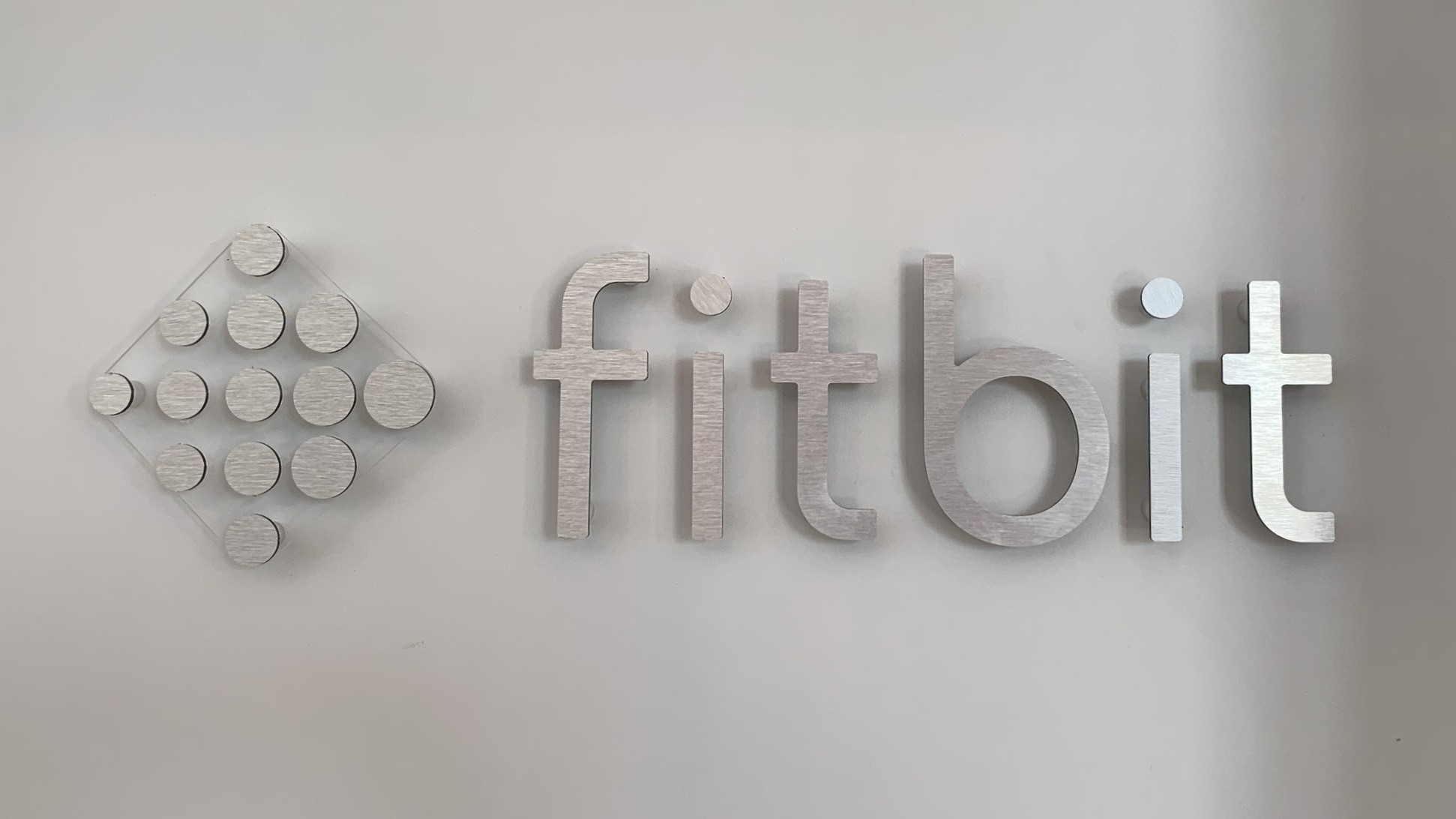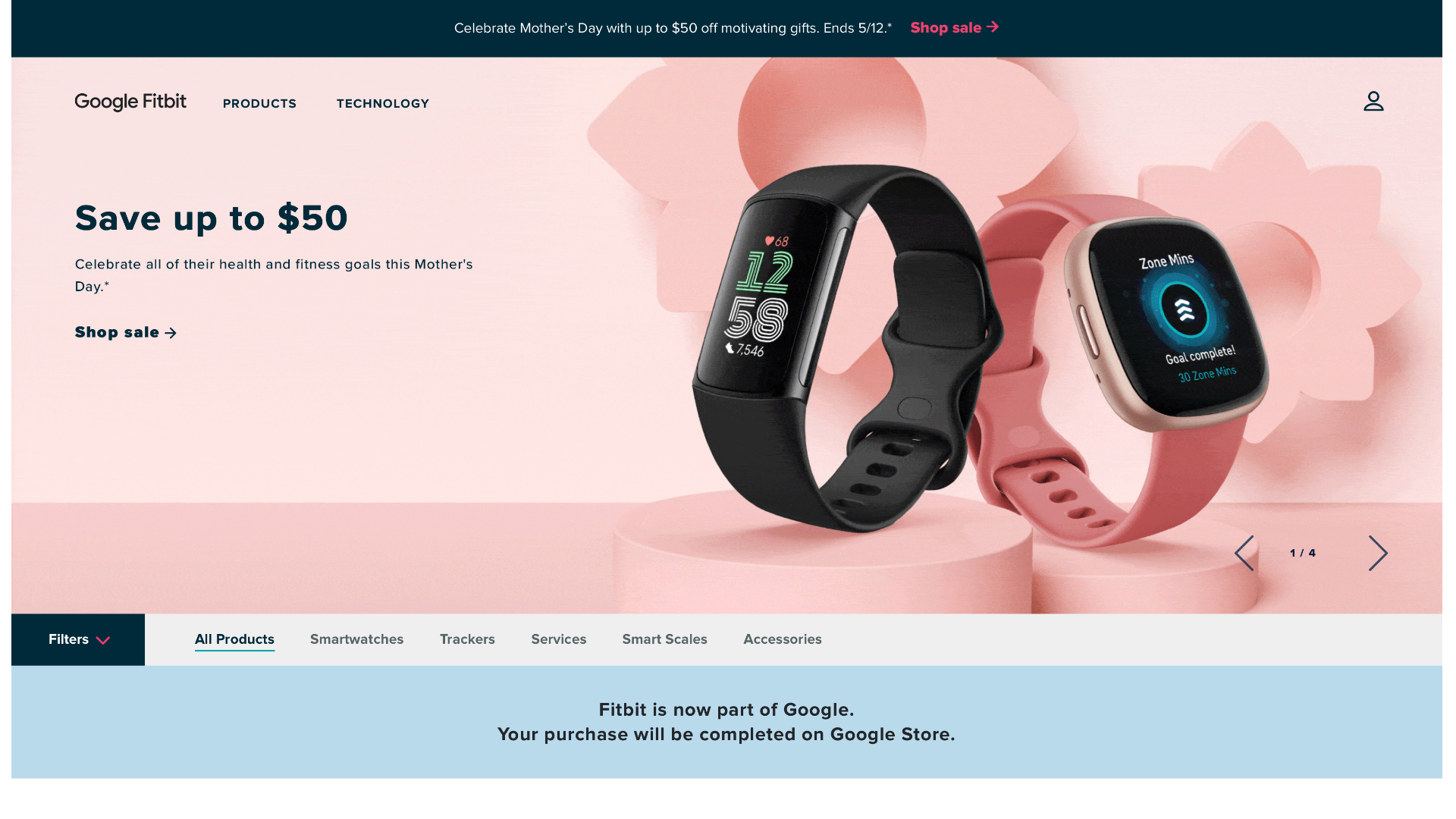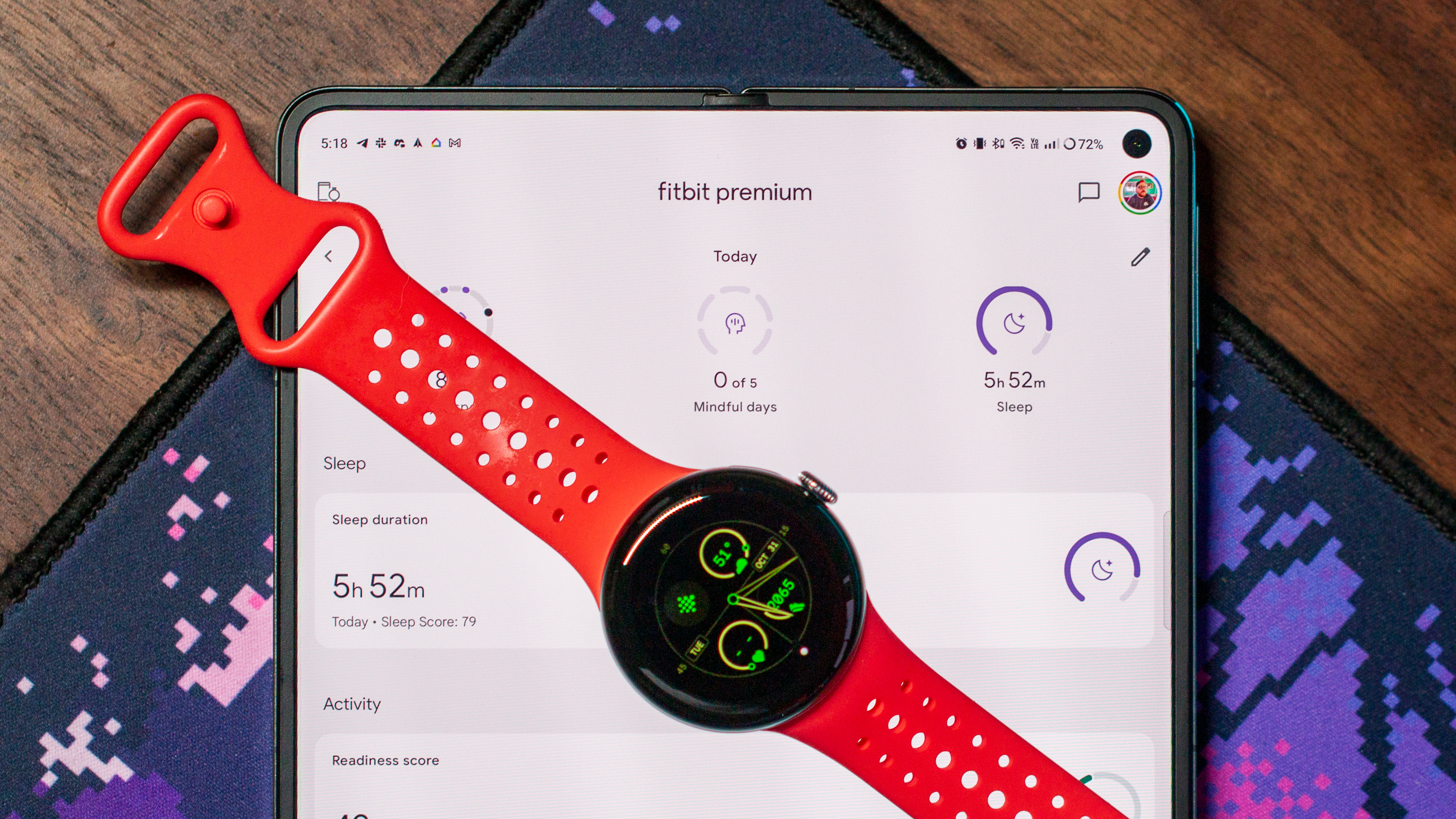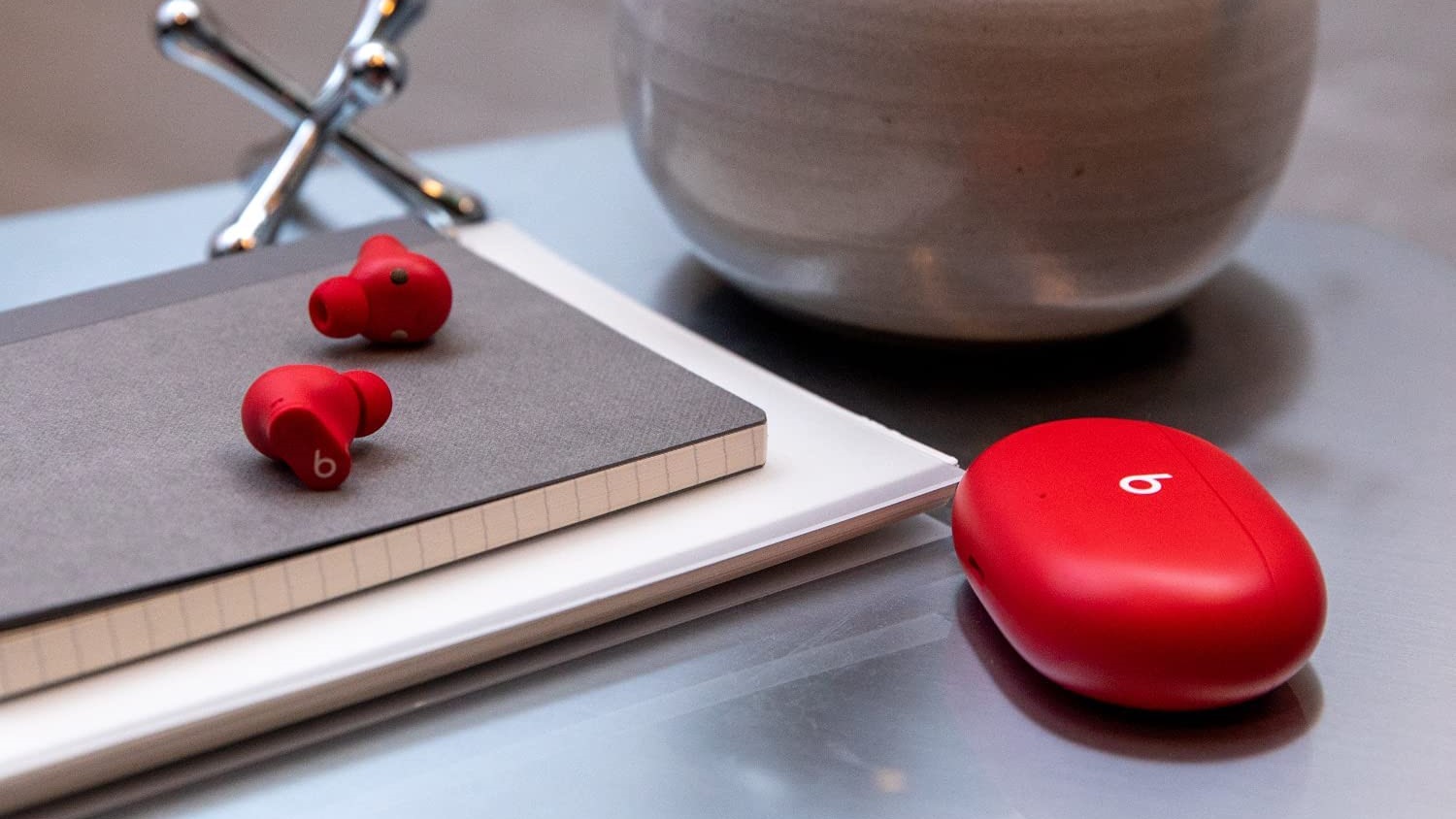Google begins to strip away Fitbit's online store as integration deepens
Google's handling of the Fitbit acquisition feels identical to Apple's integration of Beats a decade prior.

What you need to know
- Although Google completed its acquisition of Fitbit in 2021, the wearable brand has largely remained independent up until very recently.
- Last week, the company shut down the standalone Fitbit.com shop, instead directing customers to complete purchases on the Google Store moving forward.
- It's one of the final nails in the coffin for Fitbit, which is now taking the backseat at Google after once being a dominant company in the wearable space.
Since finally completing the Fitbit acquisition a few years ago, Google has steadily integrated the brand's products, services, and underlying tech into its portfolio. The Google Pixel Watch and Pixel Watch 2 both clearly take notes from Fitbit's design and technology, with curved edges and a minimalist form factor, for example. Fitbit has borrowed things from Google, too, such as its Material You design language. However, up until very recently, Fitbit has maintained a fairly high level of independence from Google.
That run seems to be officially over, following a few big changes this month. In early April, Google overhauled the Fitbit app to make it more in line with Material You, especially in the Sleep pages. The overwhelming majority of Fitbit users didn't like the move, as evidenced by many social media posts and even a few emails I received directly from users.
Now, Google has decided to shut down the Fitbit.com shop, with 9to5Google first spotting the change over the weekend. If you try to purchase a Fitbit device from the native Fitbit website, you'll be redirected to the Google Store to complete your purchase. "Fitbit is now part of Google, so your checkout and purchase will be completed on Google Store," a banner explains.

This move isn't exactly surprising because Google has been further integrating Fitbit into the company throughout 2024. First, it combined the Fitbit and Google Help Centers in January. Then, in March, Google added more wearables and straps to the Google Store. At that point, the writing was on the wall. Fitbit's time as a standalone brand was running out.
While it's easy to criticize Google for making changes to Fitbit, it's also easy to see that the brand, or at least its hardware, is taking a backseat in Google's wearable strategy. People just aren't buying Fitbits—and smart bands in general—like they used to. It makes sense that Fitbit's future will live on through Google products, and we can look to another big tech acquisition to predict what that future might look like.
People are increasingly turning to smartwatches over smart bands

Market habits are changing, and that's partly why Fitbit wouldn't survive if it tried to keep the status quo. Back in the early days of wearables, people were all-in on tiny and sporty smart bands. Now, consumers prefer smartwatches to provide more information and utility on their wrists. Even minimalist buyers now have smart rings as a more appealing alternative to the traditional smart bands. I've seen this in my own buying habits, too. My first wearable was a Fitbit Charge HR, and now I wear a massive Apple Watch Ultra on my wrist in 2024.
The numbers back up these anecdotes as well. In the fourth quarter of 2022, a Canalys report found that the smart band market experienced its first double-digit decline in a Q4 ever. The drop was 18%, and this is very rare for a Q4 that usually sees great sales figures due to the holiday season. While the market rebounded slightly in 2023, according to a newer report, smart bands are still losing out to smartwatches. By the second quarter of 2023, the market share for basic bands was less than that of basic watches and smartwatches.
Be an expert in 5 minutes
Get the latest news from Android Central, your trusted companion in the world of Android
Additionally, an IDC analysis from March 24 lists smart wrist bands as the only wearable category projected to decline in sales year-over-year. Smartwatches, earwear, glasses, and rings all have positive outlooks.
Fitbit has made smartwatches, but they haven't been very good compared to the best smartwatches, such as those by the likes of Samsung, Garmin, and Apple. With Google now making its own smartwatches using Fitbit tech, Fitbit's primary products are smart bands — which consumers seem to be turning away from. Google's recent decisions suggest that Fitbit appears to be less of a priority than some of its other hardware offerings, and that makes sense when you look at the state of the wearable band market.
We've seen this kind of major acquisition before

So, what does the future of Fitbit look like? Although the brand is unlikely to be the highest-priority hardware division at Google — that will belong to the Pixel family of devices — it isn't necessarily looking at a full shutdown, either. To get an idea of what the future of Fitbit at Google holds, we can examine how Apple handled its acquisition of Beats roughly a decade ago.
Apple acquired Beats, in part, for its software. The streaming service Beats Music was the foundation for Apple Music. There's a parallel here to what's happening with Google and Fitbit since Fitbit's software is still very much alive and is used to power fitness and health features on Pixel Watches. Eventually, Apple shut down the Beats online store, instead redirecting buyers to Apple's online store. The company introduced AirPods and its own earbuds and headphones lineup, seemingly replacing Beats.
And yet, Beats is still around eight years after Apple released the first-generation AirPods. Sure, the brand isn't as dominant and ubiquitous as it once was, but there are still new Beats headphones and earbuds being released today. I expect Google will follow a similar strategy to Fitbit. We won't see Fitbit ever be the top wearable brand again, but we will see Fitbit tech power Pixel products as well as more subtle Fitbit wearable releases.
In other words, Fitbit is now completely integrated into Google, and that has and will continue to bring major changes. This is partly because consumers aren't as fascinated with Fitbit's offerings as they were in the past and partly because Google has its own priorities. But Fitbit isn't going anywhere and will likely live on as a small part of Google for a long time.

Brady is a tech journalist for Android Central, with a focus on news, phones, tablets, audio, wearables, and software. He has spent the last three years reporting and commenting on all things related to consumer technology for various publications. Brady graduated from St. John's University with a bachelor's degree in journalism. His work has been published in XDA, Android Police, Tech Advisor, iMore, Screen Rant, and Android Headlines. When he isn't experimenting with the latest tech, you can find Brady running or watching Big East basketball.
You must confirm your public display name before commenting
Please logout and then login again, you will then be prompted to enter your display name.
